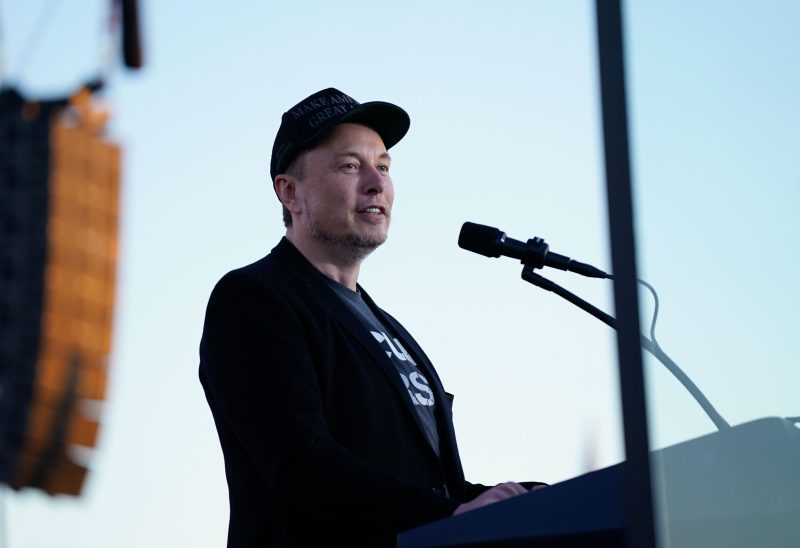In a recent statement that has garnered attention worldwide, tech magnate Elon Musk expressed his unconventional perspective on the idea of assassinating Kamala Harris, the Vice President of the United States. Musk, known for his outspoken and often controversial opinions, raised eyebrows with his blunt assertion that such an act would be pointless. This bold stance by one of the world’s most influential figures has sparked varied reactions and debate across social media and beyond.
Musk’s comment comes at a time of intense political and social tension, with the issue of political leadership and its possible alternatives under intense scrutiny. While opinions on Harris and her role vary widely, the mere suggestion of violence towards a public figure of such prominence is deeply concerning and raises questions about the state of public discourse and civility today.
It is worth examining Musk’s rationale behind such a stark statement. One could interpret his viewpoint as a pragmatic assessment of the current political landscape. Musk, known for his focus on efficiency and practicality in his business ventures, may see any potential attempt on Harris’s life as futile, given the significant security measures in place to protect high-ranking public figures. His words may serve as a reminder that resorting to violence is a fruitless and destructive response to political dissatisfaction, advocating instead for dialogue and democratic processes to bring about the desired change.
Furthermore, Musk’s assertion could be seen as a thinly veiled criticism of the current political system and its perceived shortcomings. By highlighting the ineffectiveness of such extreme actions, he may be pointing to the need for more constructive and innovative approaches to addressing societal issues and grievances. While Musk’s delivery may be unconventional and jarring, the underlying message may signal a call for a shift towards more peaceful and productive avenues for enacting change.
However, Musk’s remarks have not been without controversy. Critics have been quick to condemn his seemingly casual treatment of a serious and sensitive topic. The suggestion of violence, even if dismissed as pointless, can still contribute to a culture of hostility and aggression that undermines the very values of tolerance and respect for differing viewpoints. Musk’s flippant tone may also be perceived as insensitive towards the gravity of the situation and the potential harm that could result from such inflammatory statements.
In conclusion, Elon Musk’s statement regarding the futility of attempting to assassinate Kamala Harris has ignited a complex discussion on the nature of political discourse and dissent in contemporary society. Whether viewed as a pragmatic assessment, a critique of the status quo, or a reckless trivialization of violence, Musk’s words serve as a stark reminder of the power and responsibility that influential figures hold in shaping public opinion. As the conversation continues to unfold, it is essential to approach such contentious issues with sensitivity, thoughtfulness, and a commitment to upholding the principles of civility and non-violence in all discussions and debates.


























